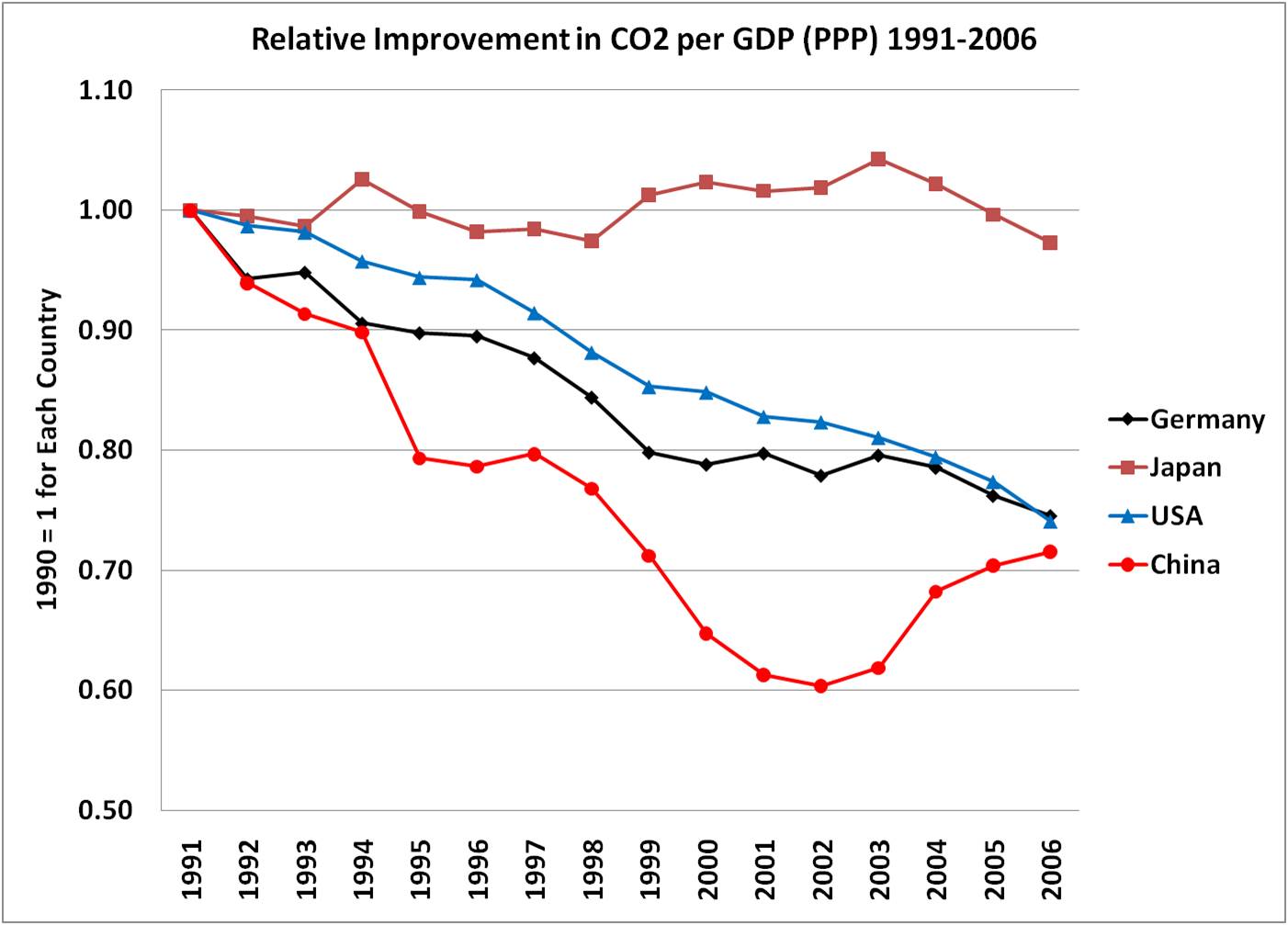Researchers, Start Your Grant Writing!
January 16th, 2009Posted by: admin
The Obama draft stimulus legislation is circulating around D.C. (see the ScienceInsider blog for some breakdowns overall and by agency). This is a separate pile of money from the second half of the TARP money approved by the Bush Administration. Scientific research (in contrast to other science and technology intensive programs) is slated to get $13.3 billion, primarily for research and infrastructure spending. This is a funding spike, so anyone assuming these increases will persist is in denial. An important point that I’ve only seen in Kei Koizumi’s analysis at the AAAS website (H/T ScienceInsider) is that the stimulus is looking for the research equivalent of ’shovel-ready’ projects. The key language:
“The bill requires nearly all of the funding to be awarded within 120 days of when the President signs the bill into law, with staggered deadlines of 30 days for formula funds, 90 days for competitive grants, and 120 days for competitive grants in brand-new programs, with the intention of spending the funding as quickly as possible to provide immediate economic stimulus. Nearly all of the money is designated as FY 2009 money, with agencies allowed to obligate funds until the end of FY 2010, but there are numerous ‘use it or lose it’ provisions in the bill to ensure that the funds are awarded, obligated, and spent as quickly as possible.”
If this bill is signed by the President’s Day recess (the current goal, slipping from Inauguration Day), funds will need to be awarded (not applied for), depending on the program, as soon as the middle of March, and at the latest by the middle of May. The rationale here is that the stimulus needs to be quick, and the money dispersed into the economy quickly. I can see that for the infrastructure investments, but I’m not convinced that the multiplier effect of research spending either increases with speed, or expresses itself in anything resembling the short term.
